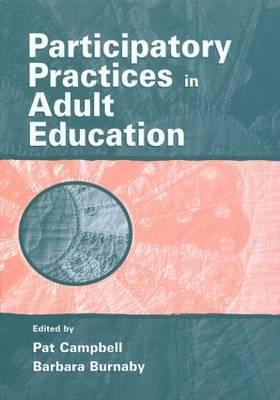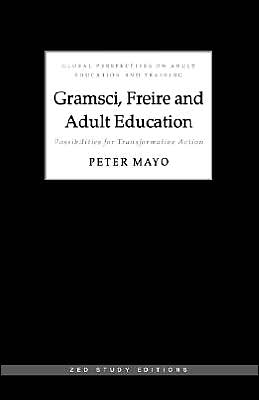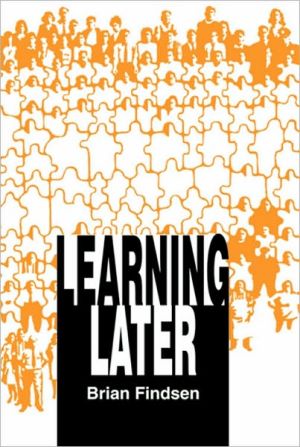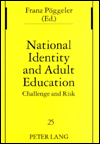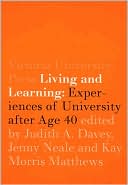Participatory Practices in Adult Education
Search in google:
Although there has been a great deal of rhetoric about learner empowerment in educational and community development circles, this book is the first to offer detailed examples of successful participatory practices in adult education spanning a wide range of program settings, such as schools, institutions, communities, and the workplace. The editors join with practitioner colleagues in the United States and Canada to document successes; to network about ideas from active projects, past and present, that have had a participatory component; to share experience, new knowledge, lessons learned, and reflections. The focus is on projects initiated with the intention that greater participation would benefit individuals and groups previously excluded from positions of control. The aim is to provide concrete models and suggestions to practitioners who want to develop the participatory nature of their own activities--from initiation, to organization, goal-setting, and ongoing leadership of adult education programs. Some chapters give detailed descriptions of the triumphs and challenges in individual projects, while others center more on theoretical analysis and reflection on years of experience. All, however, are rooted in particular experiences and give concrete examples from action. Participatory Practices in Adult Education is a vital resource for both new and experienced practitioners--including basic educators, workplace educators, administrators, policymakers, trainers, human resource managers, and community development workers--who want to learn from the practical experiences of their counterparts, and is highly appropriate as a text for courses in adult education and community development. Booknews Practicing adult educations in Canada and the US provide detailed examples of successful participatory practices in schools, institutions, communities, and the workplace. Their purpose is to provide concrete models and suggestions to practitioners who want to develop participation in such activities as initiation, organization, goal-setting, and ongoing program leadership. Now, who volunteered to make an index, and what happened to them? Annotation c. Book News, Inc., Portland, OR (booknews.com)
PrefaceIntroduction1Pt. IReflections on Foundations1A Personal Journey into Participatory Education15Pt. IIAdult Basic Education, ESL, and Literacy2Naming, Making, and Connecting - Reclaiming Lost Arts: The Pedagogical Possibilities of Photo-Story Production313Participatory Literacy Practices: Exploring Pedagogy554"Why Would They Listen to Me?" Reflections on Learner Leadership Activities775Getting Our Own Education: Peer Tutoring and Participatory Education in an Adult Literacy Centre103Pt. IIICommunity6Power and Program Planning in a Community-Based Context1237Strategic Planning in Rural Town Meetings: Issues Related to Citizen Participation and Democratic Decision Making143Pt. IVWorkplace8A Collaborative Committee Process in the Workplace1679Participatory Workplace Education: Resisting Fear-Driven Models18510From Where We Live, How Far Can We See?197Pt. VInstitutions11Learning Democracy/Democratizing Learning: Participatory Graduate Education22112Possibilities for Participatory Education Through Prisoners' Own Educational Practices237Pt. VIReflections on Practice13"Yes, but ...": Problematizing Participatory ESL Pedagogy26714The Many Faces of Participatory Adult Education307
